I've been playing hide and seek with God most of my life. Sometimes I hide from God and sometimes God hides from me. I think I've discerned a pattern: Whenever I become confident that God is found in my own favorite institutions, theologies, political parties, creeds, and rituals, or even my favorite memories, I end up acting as if these various contexts somehow contain God. I put God in a box.
Then, in response, God hides from me, no longer appearing in those familiar places, but often reappearing in places where I least expect it. God appears in people whose beliefs and perspectives run counter to my own, for example. Or in forms of music I once thought trivial. Or in ideas I once rejected. Or in relationships I once thought hopeless. God seems especially prone to reappear in the form of strangers.

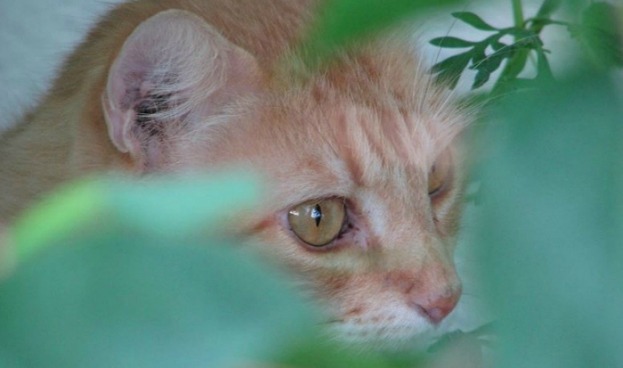 Playing Hide and Seek with God
Playing Hide and Seek with God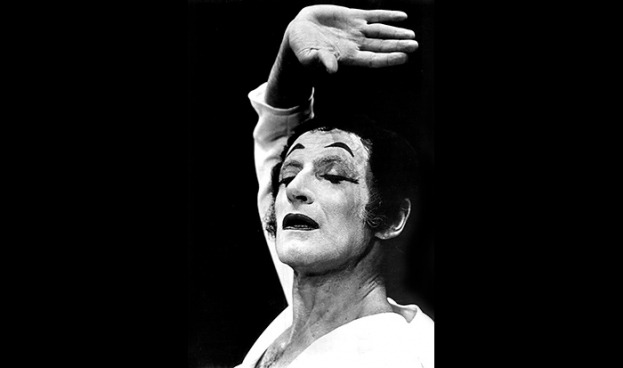 "S" is for Silence
"S" is for Silence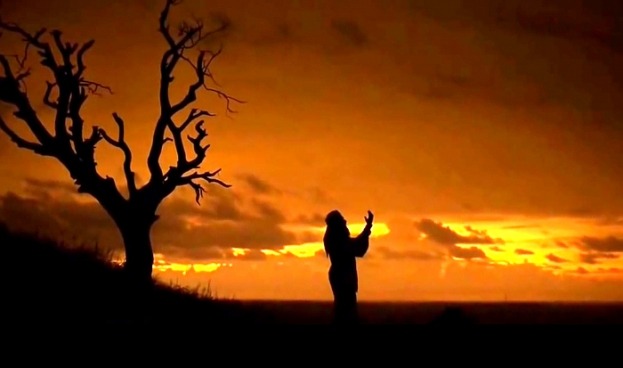 You to You: Process Theology and Prayer
You to You: Process Theology and Prayer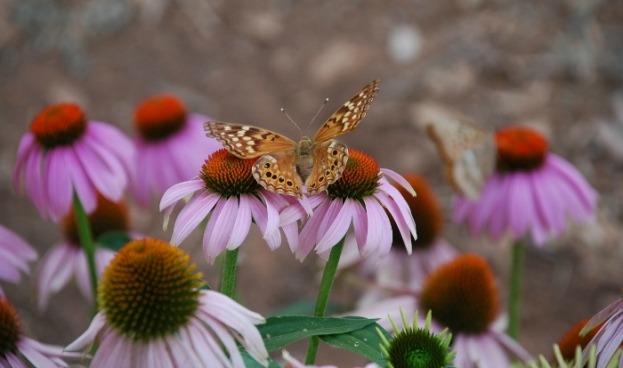 "H" is for Hope
"H" is for Hope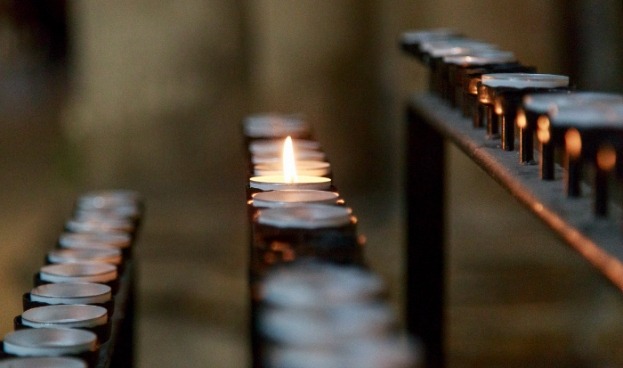 "F" is for Forgiveness
"F" is for Forgiveness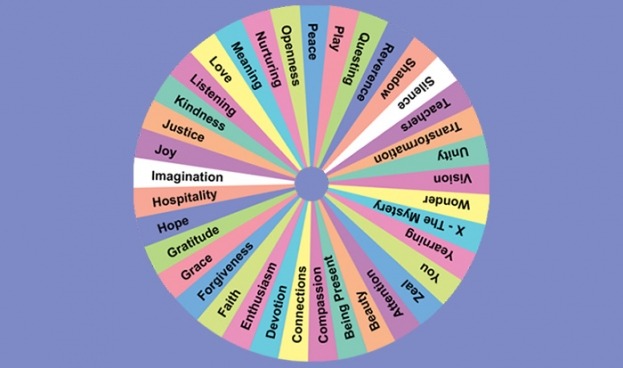 The Scope of Spiritual Literacy
The Scope of Spiritual Literacy "F" is for Faith
"F" is for Faith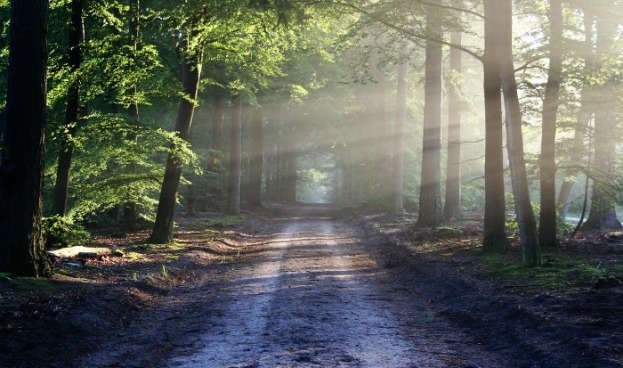 Grief Takes a Road Trip
Grief Takes a Road Trip I Dwell in Possibility: Joining the Circus as a Spiritual Practice
I Dwell in Possibility: Joining the Circus as a Spiritual Practice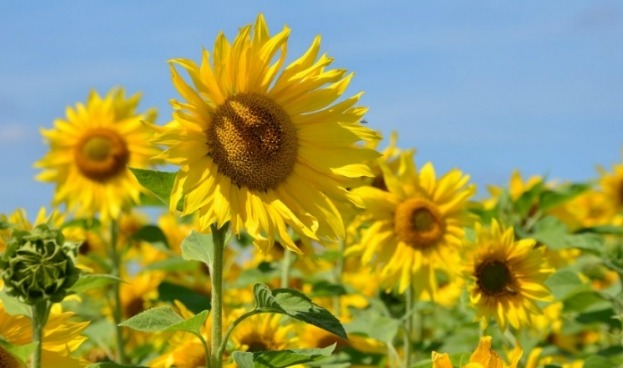 Nurses in the Making
Nurses in the Making